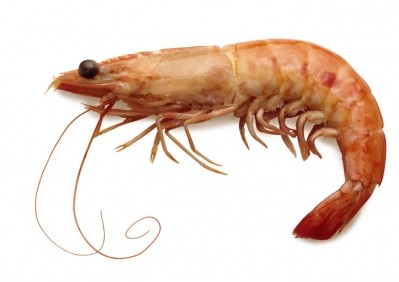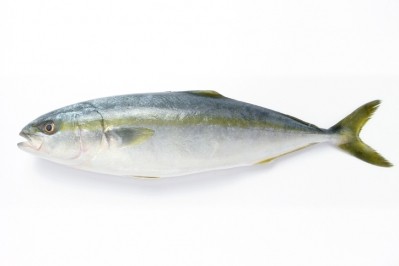Cargill expands novel aqua feed portfolio with new single-cell protein

The Minnesota-based agribusiness giant announced last week that it would be expanding its portfolio of alternative aquafeed ingredients by incorporating a fermentation-based single-cell protein (SCP), developed and produced by White Dog Labs.
The protein product, called ProTyton, expands the range and types of novel feed ingredients that Cargill can access, said Jeff Kazin, director of risk management and sourcing for Cargill’s aqua nutrition business. “Cargill is continuing to build a portfolio of novel nutrient sources for our customers."
Cargill has also invested, alongside Calysta and several third-party parties, in NouriTech's methane gas generated SCP, branded as FeedKind. Construction of a commercial scale production facility for FeedKind is still underway.
“The technology being worked on by White Dog Labs (WDL) is substantially different than that of Calysta,” Kazin told FeedNavigator. “Our collaboration with WDL improves the diversification of our portfolio, which will improve our ability to deliver nutrients in an ever-changing economic and regulatory climate.”
Working with WDL was of interest to Cargill because of the innovator's industry knowledge and management style, said Kazin. “The WDL team approached Cargill with a solid understanding of the salmon industry and a goal of producing a commercially viable nutrient.”
WDL's single-cell protein ingredient comes with a unique nutrient and digestibility profile, he said. “We are constantly searching for new ingredients that have a lower price point, are more efficient, or can be produced in a more sustainable way."
Made up of 80% protein, ProTyton is said to offer higher protein content than a standard fishmeal product. And, like fishmeal, ProTyton offers an attractive amino acid profile with 40% essential amino acids, said WDL.
“Flexibility in formulating feeds lowers the long-term cost of feed for our salmon customers,” said Kazin. “The more nutrient tools we have in the ‘toolbox,’ the more successful our customers will be.”
The agreements with WDL and French company, InnovaFeed, along with the development of Cargill's own novel omega-3 oil, Latitude, based on GM canola, are several initiatives in this space, he added.
Working with White Dog Labs
WDL has completed its own feed research using the protein ingredient, said Bryan Tracy, CEO with White Dog Labs, Inc.
The company said its SCP is non-GMO.
"We convert corn protein and sufficiently remove corn inputs from the final ProTyton product, such that, on a DNA basis, we are free of GM corn inputs," said Tracy.
Discussions with Cargill first got underway last year, he told us.
In terms of what is next for the tie-up, he said: “First and foremost, it is execution on scale-up and delivery of product."
WDL is in the process of building a new, 3,000-ton production facility in Nebraska. Then work will continue to find additional applications for the feed protein.
Cargill will be only one of several clients for the company, as WDL looks to expand its customer base, he added.
Single-cell protein testing, use
The initial interest is in using ProTyton in diets for salmon and trout, said Cargill.
“We have done chemical composition tests and fish trials on the material originating from WDL pilot facility,” Kazin said. “The tested material holds promise as an additional tool in feeding salmon.”
In trials that WDL carried out, the feed ingredient was mixed with fishmeal in salmon diets and was found to reduce total feed costs and the feed conversation ratio (FCR) compared to a fishmeal based diet, according to company information.
In trials of the product in shrimp facing a challenge from Early Mortality Syndrome (EMS), shrimp survival rates increased linearly as more of the protein was included in the diet compared to a commercial diet, as per WDL data.
White Dog Lab development
The feed ingredient company is currently in the process of building a smaller commercial and demonstration facility, said Tracy. That facility is scheduled to be completed in early 2020 and it will act as a bridge to the establishment of a full-sized commercial facility shortly after.
In addition to the protein ingredient, ProTyton, the company also generates a liquid butyrate feed additive, MiruTyton, and is adapting its fermentation technology to generate a probiotic type of product called BioTyton, he said. “That’s in development stages as well.”
“The science of using butyrate additives is pretty well established, [but] the economics are tenuous,” Tracy said. However, the company is seeking to provide its additive at a lower price point to allow for its use in multiple types of feed.
The intention is to work or partner with “world-class strategics” to help focus and hone product development for the company’s feed ingredients and additives, he said.
Working with larger companies like Cargill provides insight on market needs along with a depth of knowledge about topics like regulation and supply gaps.
“We’re extremely fortunate to be working with them,” he said of the interaction with Cargill. “They’ve been tremendous.”
















